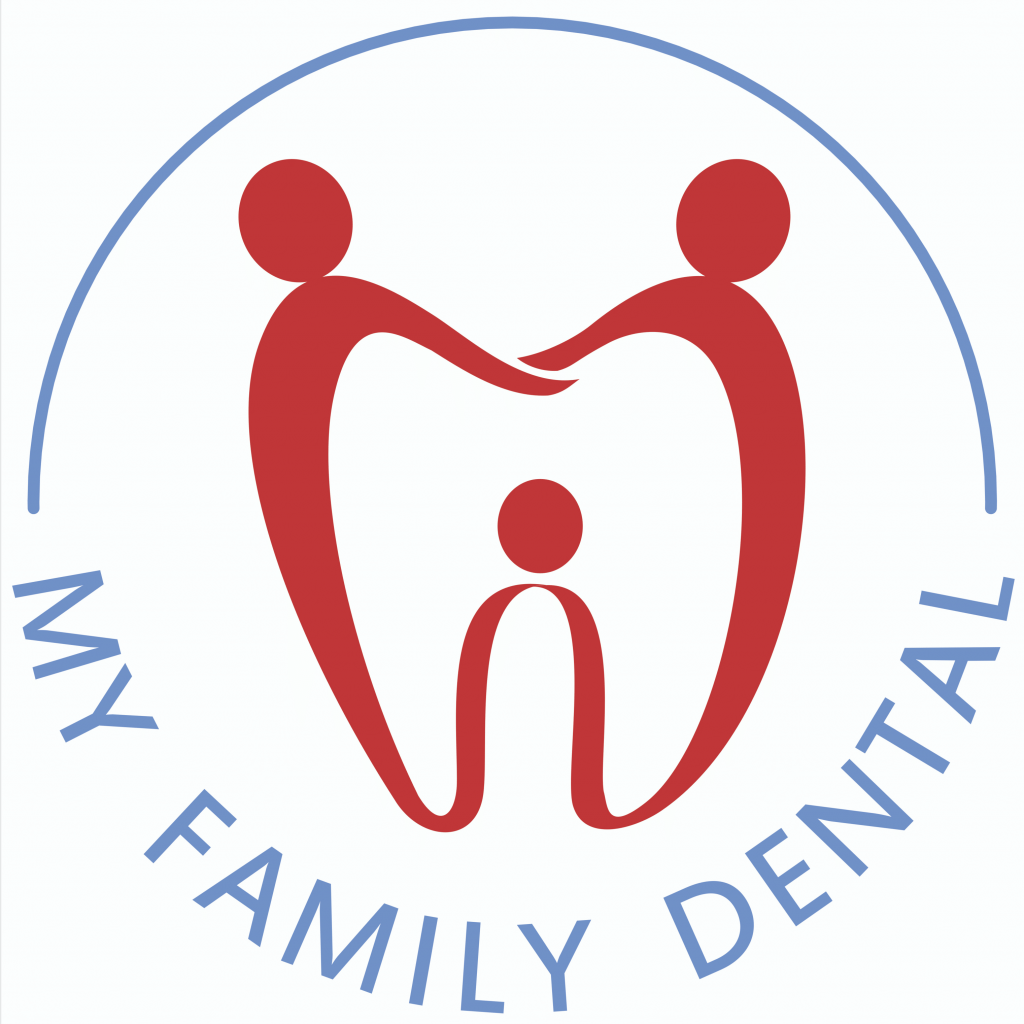A dental mouthguard is a device that covers your teeth and helps protect them against injuries. Mouth guards are often used in sports, but they can also be used to prevent tooth grinding at night. While mouthguards can offer some protection, they also have some drawbacks. This blog post will explain in detail the pros and cons of using a dental mouthguard.
1. What is a dental mouthguard, and what does it do for your teeth and oral health?
It is a device worn over the gums and teeth. Mouthguards prevent tooth damage and injury to the mouth’s soft tissues.
There are various mouthguards: stock, boil-and-bite, and custom-fitted.
Stock mouthguards are pre-formed and ready to wear. Boil-and-bite mouthguards are made from a thermoplastic material that becomes pliable when heated in water.
The custom-fitted mouthguards are prepared from impressions of the teeth and gums and provide the best fit and protection. Athletes often use dental mouthguards to protect their teeth from impact and collisions. However, mouthguards can also treat bruxism (teeth grinding) and TMJ disorders.
2. The pros of using a dental mouthguard to protect your teeth
While athletes often use mouthguards to prevent injuries, they can also be helpful for people who suffer from bruxism, a condition characterised by clenching and grinding teeth. Mouthguards can also be used to treat symptoms of TMJ disorders. In addition to protecting the teeth, mouthguards can help reduce noise associated with teeth grinding and prevent gum recession. While mouthguards are available over the counter, it is best to have one custom-made by a dentist to ensure a proper fit. Overall, dental mouthguards effectively protect the teeth from damage and prevent some oral health problems.
3. The cons of using a dental mouthguard to protect your teeth
While mouthguards offer protection for teeth, they can also have some drawbacks. One of the biggest problems with mouthguards is that they can make breathing difficult. This can be especially true for athletes who wear mouthguards during strenuous activity. Additionally, mouthguards can cause discomfort and irritation of the gums and cheeks. They must also be replaced frequently, as they can wear down over time.
4. How to choose the right type of dental mouthguard for you
Many different types of dental mouthguards are available on the market today. Choosing the right one for you can be a challenge. The most crucial thing to consider when choosing a mouthguard is its protection level. If you are an athlete, you will need a mouthguard to protect your teeth from impact. Three different mouthguards are available: stock, boil-and-bite, and custom-fitted. Stock mouthguards are the least expensive option, but they offer the least amount of protection. Boil-and-bite mouthguards are made from a thermoplastic material that becomes soft when heated in water. This allows you to mould the mouthguard to fit your teeth. Custom-fitted mouthguards are made from impressions of your teeth and provide the highest level of protection.
5. How to properly wear and care for your dental mouthguard
If you wear a dental mouthguard, it is essential to take proper care of it to ensure that it lasts for as long as possible. First, always rinse your mouthguard with water before and after each use. This will aid you in removing any bacteria or food particles that may be stuck to the surface. Second, make sure to brush your teeth before putting in your mouthguard. This will help keep your teeth and gums clean while wearing the guard. Finally, store your mouthguard in a clean, dry place when you are not using it. This will help to prevent the growth of mould and bacteria.
Mouthguard at my family dental QLD Australia
My Family Dental QLD offers a variety of mouthguards to choose from, so please contact us today, and we will aid you in finding the perfect one.
My Family Dental has dental clinics in Emerald, Bowen, Innisfail, Townsville, Ingham, and Bohle Plains for your convenience.



